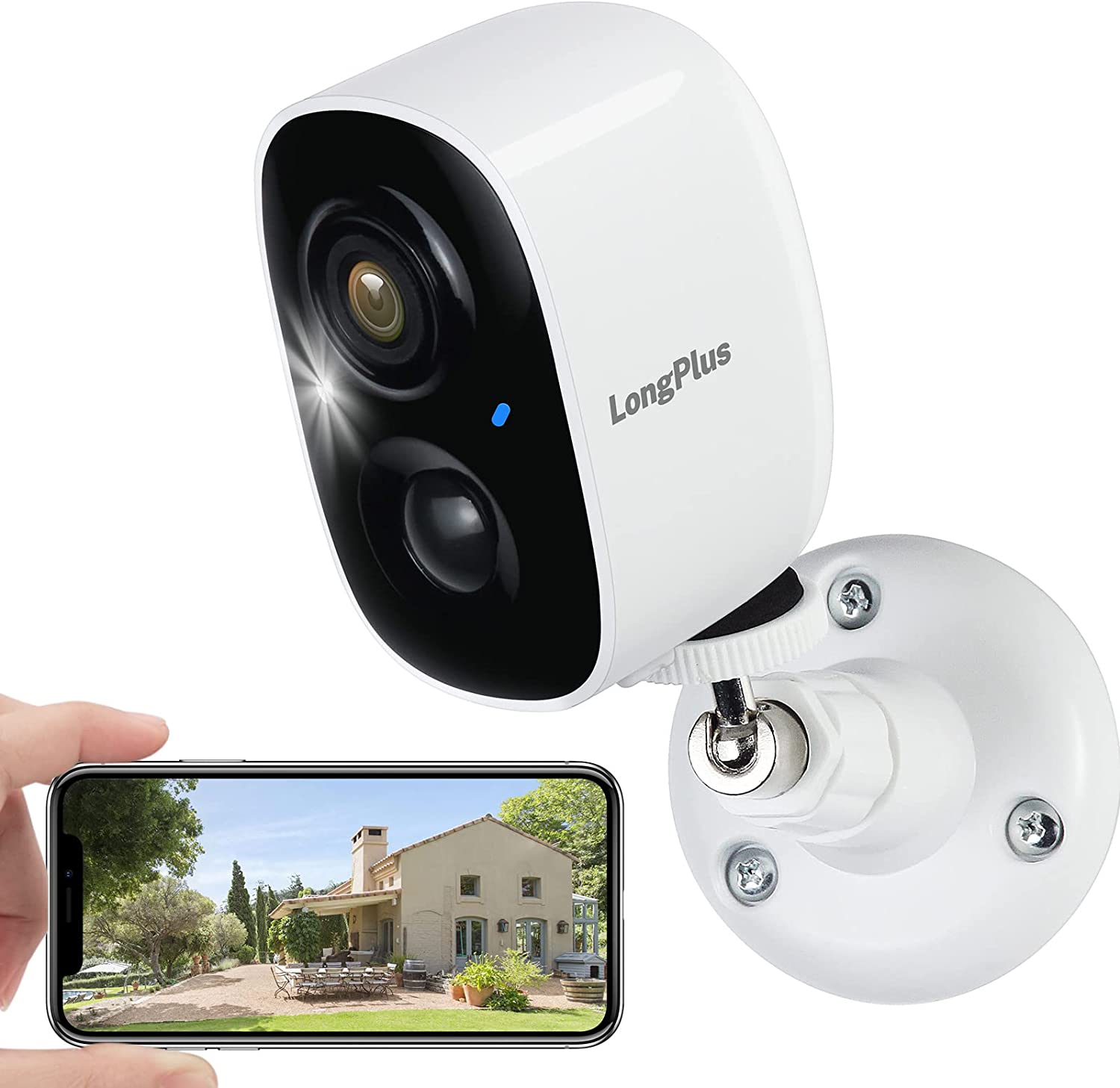Wired vs. Wireless Security Cameras: All You Need to Know
Thanks to technology, keeping an eye on your home and its surroundings is easier than ever. Security cameras can help you monitor your home when you are at work or on vacation. Even if you are at home, having a security system acts as a second set of eyes around your property 24/7.
When choosing a security system for their homes, homeowners often get confused between wired and wireless security cameras. In this blog, we will explore the better option for your home.

Source: LongPlus
Wired Security Cameras
Wired security cameras transmit audio and video signals to a central hub through a wire. The transmitted footage remains local on the hub to be viewed later, or you can send it outside the home to a third-party network. This network allows you to watch the transmission live or save it for later use. The electrical power on wired cameras is received via a hardwired cable.
The central hub is located inside or around the property’s premises. This hub is sometimes a DVR (digital video recorder) attached to cameras with coaxial cables or an NVR (networked video recorder) system used with IP cameras. Unlike DVR, NVR uses PoE cables.
|
Opportunities |
Limitations |
|
Clear audio and video signals |
Not portable |
|
Reliable signals |
Lengthy wiring |
|
No threat of wireless hacking |
Limited number of cameras due to a limited number of jacks on the DVR |
|
Constant power |
Wiring runs to numerous locations |
Wireless Security Cameras
Wire-free or wireless security camera systems send footage from cameras positioned around the property and connected to a Wifi network. True to its name, the transmission is independent of any wires.
When the Wifi receives a signal, it goes over to a cloud server where you can view the footage in real-time or save it for later viewing. Some wireless cameras come with micro SD cards and store a limited amount of footage.
These cameras run on batteries. Since the power is limited, they conserve it by recording only when a signal is detected. You can also control wireless security systems with a digital assistant such as Alexa or Google.
|
Opportunities |
Limitations |
|
Clean installation |
Limited signal range |
|
Flexible, mobile system |
Walls or floors can impede the signal |
|
Easy to scale |
Interference with other systems using Wi-Fi |
|
No threat of intruders cutting the wires |
Constant need of charging batteries |
Wired vs. Wireless Cameras: Which to Buy?
With time, both wireless and wired security systems are getting better. So, the decision solely depends on what system integrates best with you and your home’s requirements.
Wired systems are ideal as long as you don’t mind doing some work for long-term system reliability. If you are not good with tools, you can also find a company to do it for you.
If you want flexibility and getting the system up and running in no time is your priority, a wireless system is a better choice. Wireless systems are perfect for those users who do not wish to stay in one place for a long time or are renting a property.
So, weigh the pros and cons and make a choice accordingly. Whichever one you opt for, LongPlus has a wide range of both systems available. We use cutting-edge technology and produce the finest products. Shop your home security system from us, and rest assured, you won’t be disappointed.

